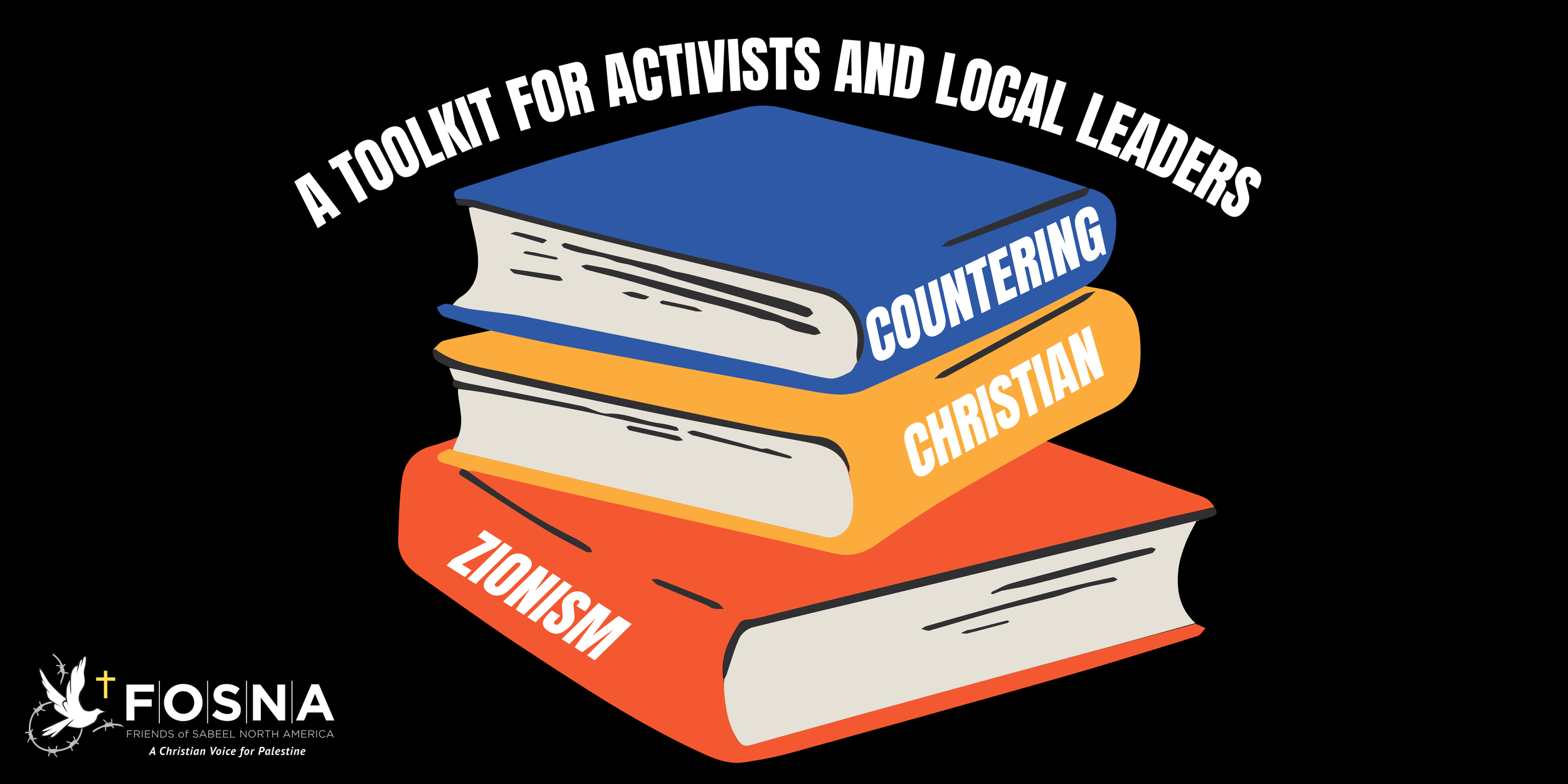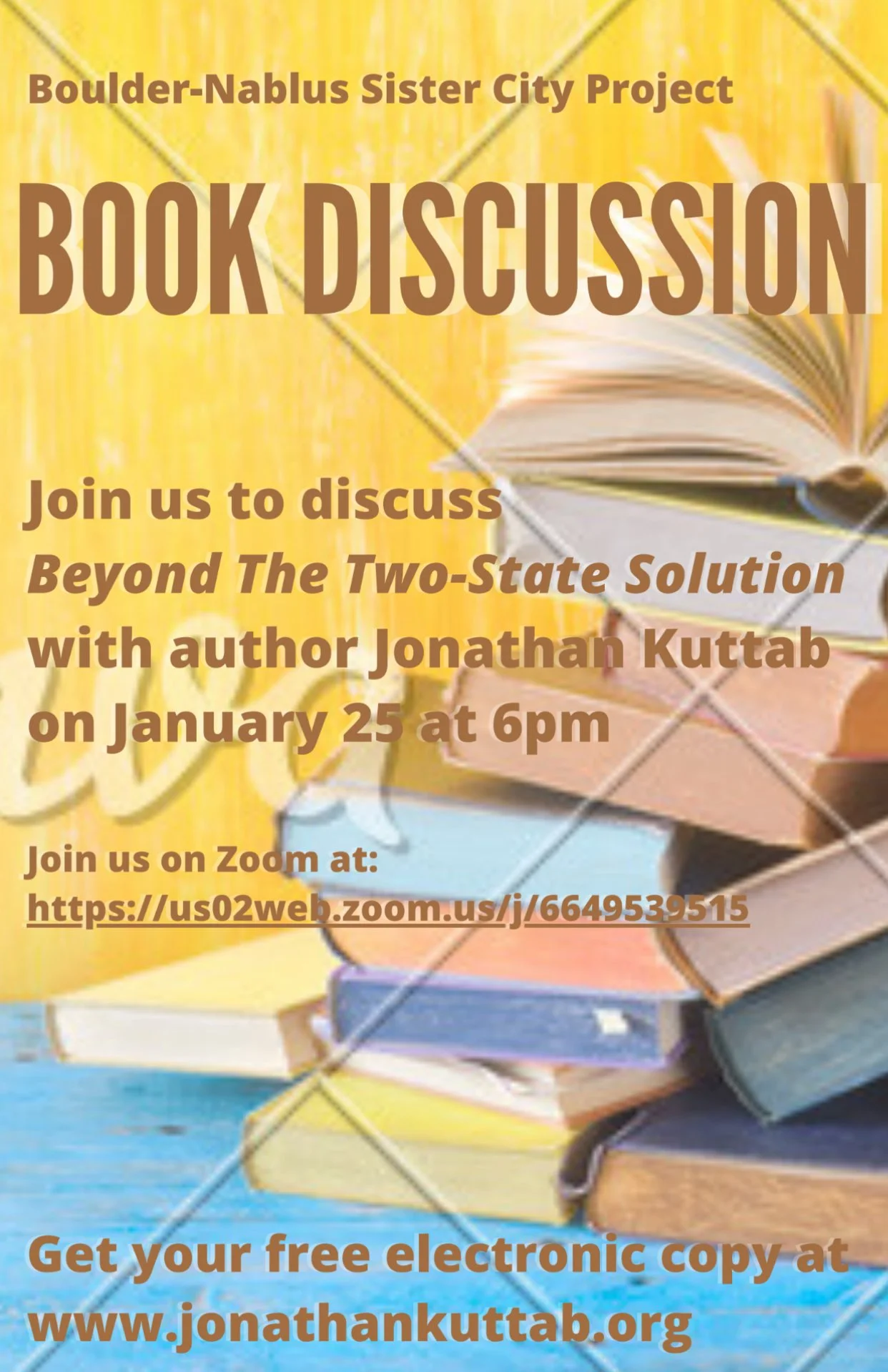Rev. Dr. Martin Luther King Jr.
by Jonathan Kuttab
All over the globe men are revolting against old systems of exploitation and oppression, and out of the wounds of a frail world, new systems of justice and equality are being born . . . We in the West must support these revolutions.
MLK "Time to Break the Silence" - Speech at Riverside Church April 4 1967
Don't let anybody make you think that God chose America as his divine messianic force to be a sort of policeman of the whole world. God has a way of standing before the nations with judgment and it seems that I can hear God saying to America, you are too arrogant if you don't change your ways, I will rise up and break the backbone of your power… and I will place in the hands of a nation that doesn't even know my name - - be still and know that I am God -
MLK “Why I Am Opposed to the Vietnam War” April 30, 1967 at Ebenezer Baptist
This Monday, the United States celebrated Martin Luther King, Jr. day. It is an official holiday when the United States honors, as it should, this great man and his struggle.
While Americans love King’s “I have a dream” speech and frequently repeat his vision that one day people will be “judged by the content of their character, not by the color of their skin,” there often seems to be little awareness about other elements of his life and struggle, beyond the struggle against Jim Crow and instances of visible discrimination, like separate bathrooms and water fountains that were eventually abolished.
Typically, two important elements of his legacy are either downplayed or outright neglected, elements that towards the end of his life led to his being marginalized and would cause him to face neglect or even hostility in certain quarters before his tragic assassination.
The first was his opposition to the Vietnam war, resulting from his anti-colonial and anti-imperialist views. King clearly saw his struggle as part of a global struggle and emphasized what we might call today intersectionality. He fully believed that Black people in America could not be free until all people are free. This message did not sit well with the establishment, who preferred to highlight his struggle against what was referred to as “petite apartheid”—the overt segregation and discrimination of the South, rather than his biting critique of the entire structure of institutional racism and discrimination in America.
The second oft-neglected element of King’s legacy is his emphasis on nonviolence as a radical commitment to the struggle, flowing out of his Christian faith as well as his understanding of the nature of the struggle of oppressed people. Almost no mention of this is made by most of those who celebrate his legacy. Even the elaborate MLK memorial in Washington, D.C. fails to highlight this aspect of his teaching; it’s as if he merely wanted African Americans to be integrated within the US Armed Forces!
It is curious that these two elements are the ones most relevant to Palestinians, who look to MLK and his legacy for guidance and inspiration.
I recently attended a fundraising event in Pennsylvania honoring MLK at which Marc Lamont Hill spoke. A local rabbi gave a powerful and moving invocation, but no local Imam participated. Maybe it was too uncomfortable and unwelcome to use this event to raise the other, broader issues of Islamophobia and anti-Palestinian racism. This was especially poignant, since Lamont Hill himself lost his position at CNN as a commentator after it was reported that he once tweeted in support of a “free Palestine from the River to the Sea.” If we are to honor the true legacy of MLK, we need to redouble our efforts at intersectionality and work for solidarity across different organizations who are fighting for liberty and against oppression of all people. We need to support Black Lives Matter as well as the social and economic issues raised by racism today. We also need to speak out against Islamophobia and anti-Palestinian racism and bias.
During the First Intifada, Israelis uprooted ancient olive trees from a Palestinian village (Kharab el Lahim). Later, they replanted the trees at a park in Jerusalem—in memory of Martin Luther King, Jr.! When I and others associated with the Palestinian Center for the Study of Nonviolence protested this action and brought it to the attention of the King Center in Atlanta, pointing out the irony involved and requesting that the center intervene and refuse this so-called “honor” that essentially made them complicit in the Israeli practices, they were silent and refused to comment. We were told that they might be afraid of offending some of their donors. Whatever the case, it is a fact that some otherwise liberal Jewish donors have not hesitated to use their credibility, support for civil rights, and their influence among progressives to discourage African American activists from openly championing Palestinian causes, from supporting BDS or challenging Israeli apartheid policies. Worse yet, some activists preemptively refrain from such support for fear of alienating potential donors, without even being asked to do so. It is doubly dangerous when they attribute such fears to the anticipated reaction of the entire Jewish community and not just to Zionist donors.
The second element is equally vital. Palestinians have adopted a variety of nonviolent tactics in their struggle, including BDS (Boycotts, Divestment and Sanctions). Palestinian appeals to international tribunals, such as the International Court of Justice, is another form of nonviolent activism that MLK would have favored. While all oppressed people have the legal right to resort to any form of resistance, including armed struggle, it is very wise for Palestinians to concentrate on nonviolent methods and tactics. FOSNA stands with Palestinian Christians and others who choose the path of radical, nonviolent activism in opposing Israeli policies. In reality, those who oppose BDS actually want NO resistance at all and want Palestinians to simply submit to the ongoing oppression of Israeli apartheid.
If King were alive today, he would no doubt rise against Israeli militarism and its oppression of the Palestinians. He would be willing to risk a loss of support and funding and face false accusations of antisemitism that would undoubtedly be hurled at him as a result.
News
Our online toolkit, Countering Christian Zionism, has been recently revamped and expanded upon! Click the button below to learn how to talk about Christian Zionism, resources, and book recommendations.
NorCal Sabeel Protests Zionist Billboards
NorCal Sabeel decries a series of billboards that have recently appeared in Berkeley. These falsely claim that "anti-Zionism is anti-Semitism." Read their whole statement below.
Take Action!
Tell the Administration and Congress: Do Not Disburse Military Aid to Israel
(PCUSA) Israel’s former and current prime minister, Benjamin Netanyahu, said last week, “We formed a different government, with different policies, and we run things differently.” So far, the new Israeli coalition government, sworn in on Dec. 29, 2022 and recognized as the most right-wing coalition in the country’s history, has spared no effort – or time – in advancing policies that further ignore or violate the rights of Palestinians in Israel and those living under Israeli occupation in the West Bank, Gaza, and East Jerusalem.
Call on the Administration and your elected representatives in Congress to suspend US military aid to Israel immediately, not to disburse this year’s allocation, and to support the rights of Palestinians to equal justice and peace.
Get Involved!
We invite you to join us in the following events and activities:
January 25: Online
Boulder-Nablus Sister City Project Presents: "Book Discussion: Beyond the Two-State Solution with Jonathan Kuttab"
Join Boulder-Nablus Sister City Project and Jonathan Kuttab for an online book discussion of “Beyond the Two-State Solution” by Jonathan Kuttab on January 25 at 6:00pm MT via Zoom.
Get your free electronic copy of “Beyond the Two-State Solution” at JonathanKuttab.org
January 29: Toronto or Online
Holy Land Service with Jonathan Kuttab
The Middle East Working Group presents their annual Holy Land service for three Toronto United Churches on Jan 29 at Trinity- St Paul's, 427 Bloor St W, Toronto. The guest speaker is Jonathan Kuttab, executive director of Friends of Sabeel North America (FOSNA). A discussion with Jonathan will follow the 10:30 am (ET) service. You are welcome to join in person or online.
Sabeel Ecumenical Liberation Theology Center, Jerusalem:
Weekly
Sabeel Prayer Service. Join Sabeel every Thursday (6pm Jerusalem) for online Bible Study, discussion, and prayer. Examine scripture in light of the ongoing realities confronting the Palestinian Church and the pursuit of Palestinian liberation.
Wave of Prayer. Subscribe to receive Sabeel's Wave of Prayer, enabling friends of Sabeel around the world to pray over issues of critical concern to the Holy Land on a weekly basis.
Kumi Now! (Week 3) Building Permit Discrimination. As we celebrate Martin Luther King Jr. Day, another injustice that we need to address involves the building of homes and other structures. Palestinians in the West Bank have been systematically denied their rights to improve and build upon their land while, simultaneously, they see their lands encroached upon by settlements and the apartheid wall. Here’s what you need to know and what you can do so that together we can rise up.




